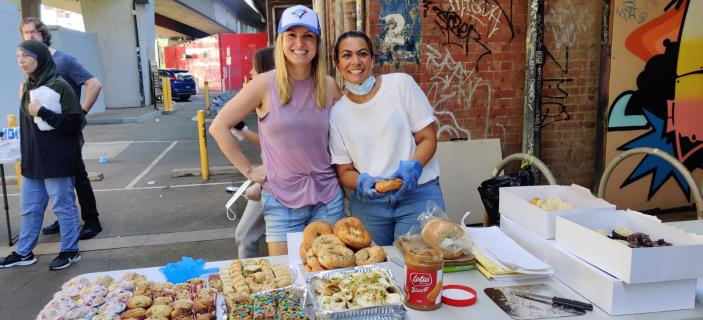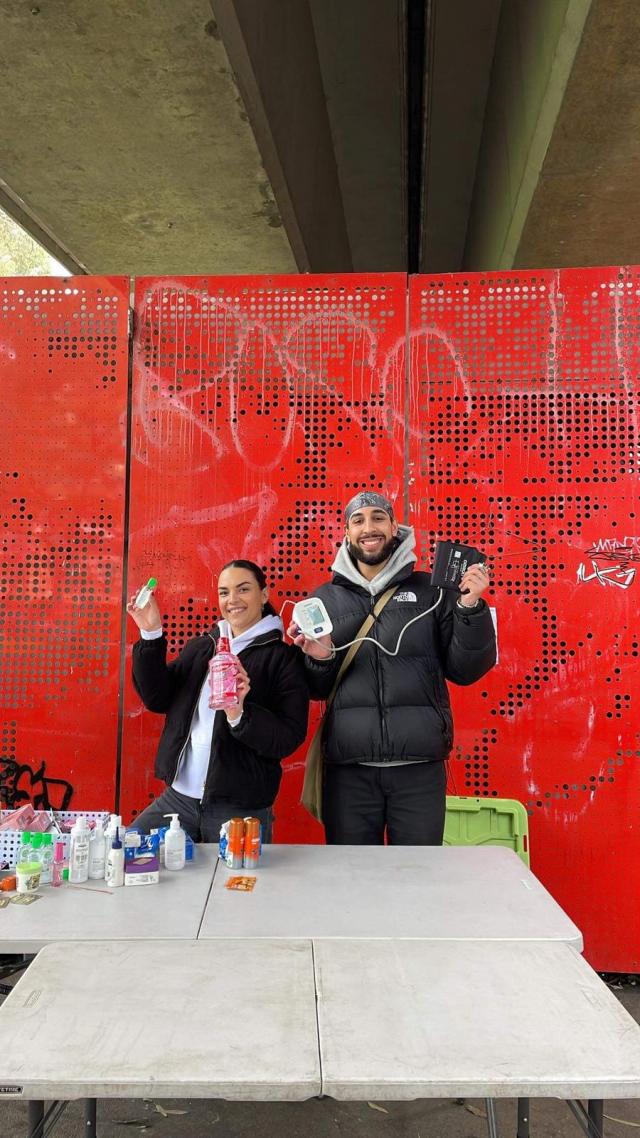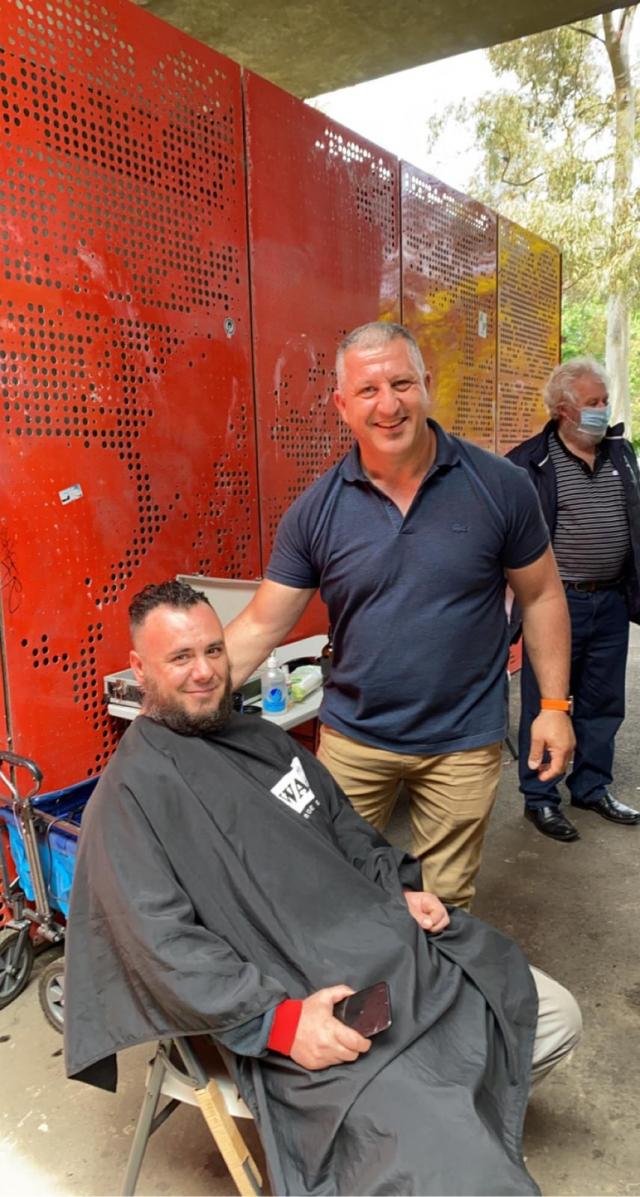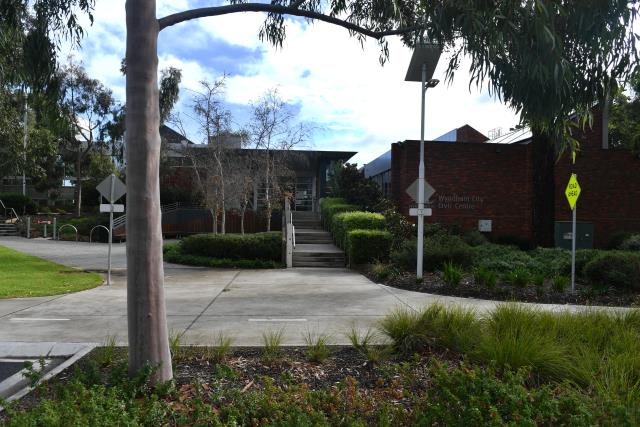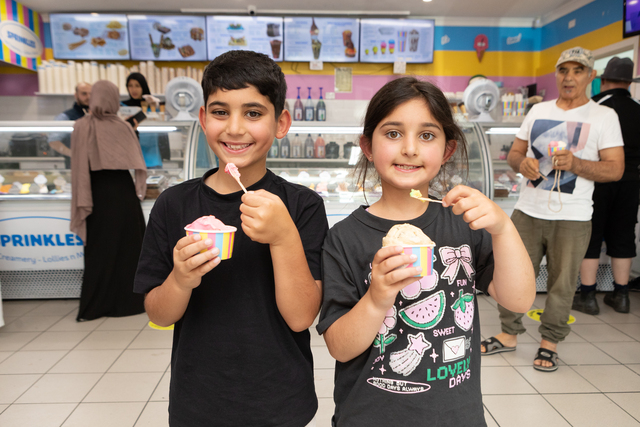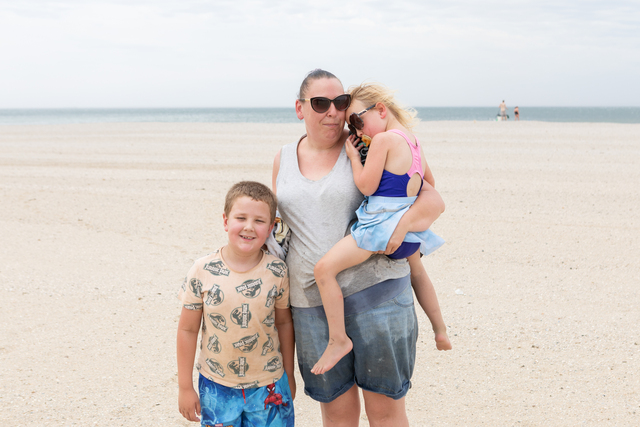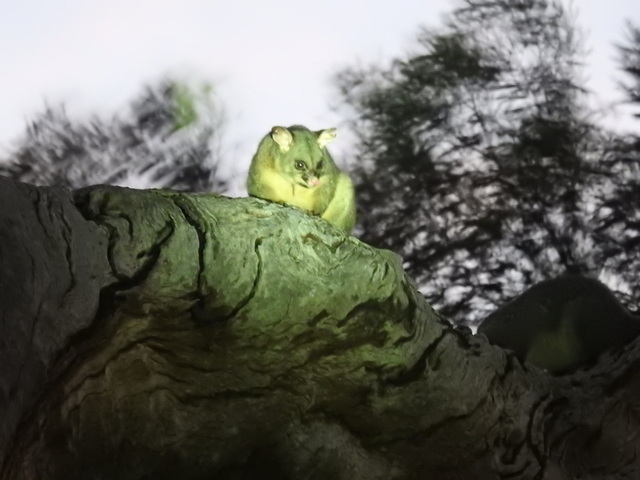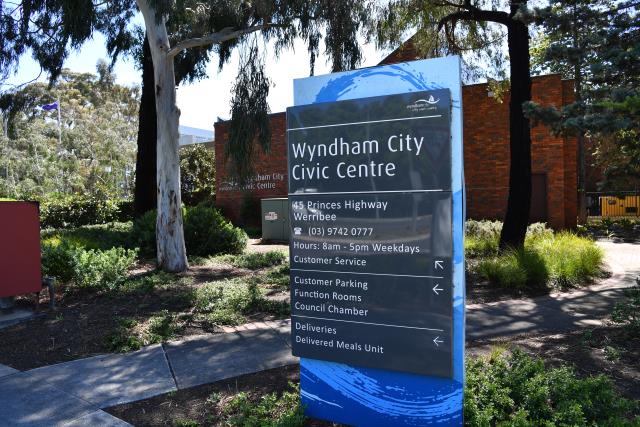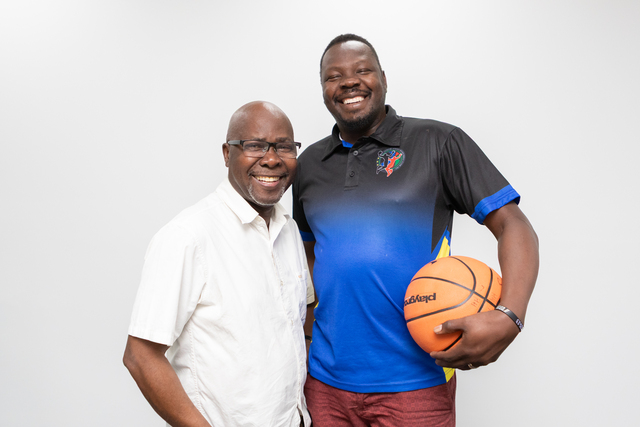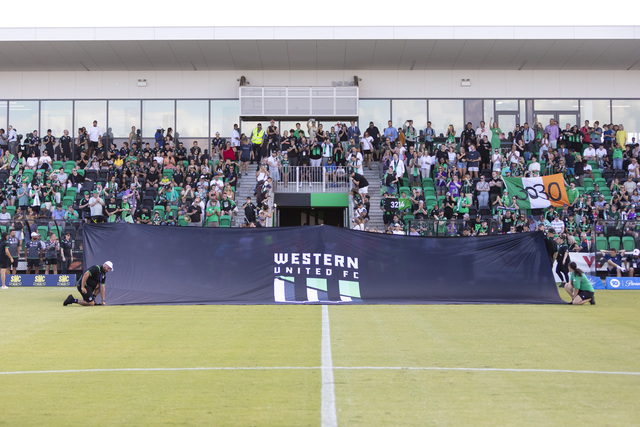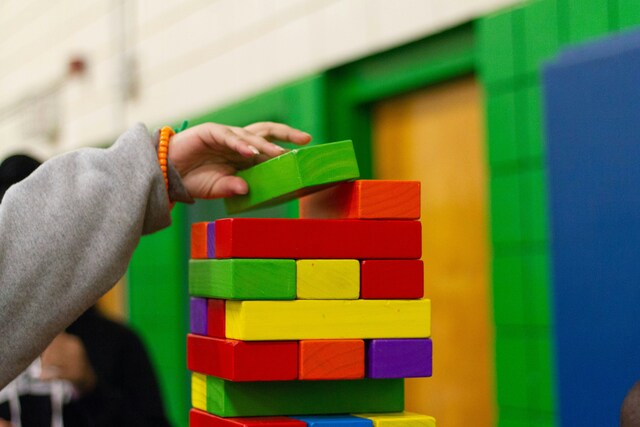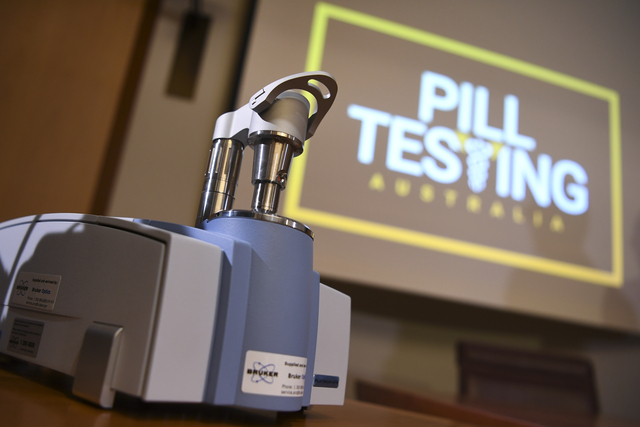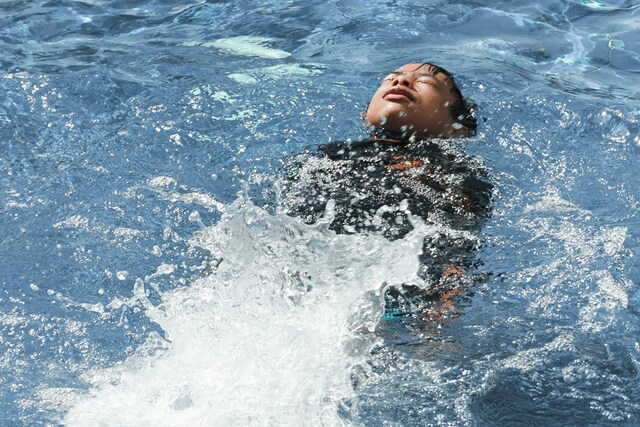A charity founded by a Hillside family in the depth of the 2020 COVID-19 lockdowns is helping more than 100 people per week access food and other essentials as the cost of living continues to soar. Fatima Halloum reports.
It’s hard for Shaymaa Elkadi to believe the charity organisation she founded with her daughters out of the garage of her mum’s Hillside house during the 2020 lockdown would have grown to what it is today.
“I can’t cook to save myself, so my mum would make traditional Egyptian rice pudding and put it in containers on a few tables we set up,“ she says.
“But then people kept coming, it’s kind of grown very much by accident but we wouldn’t want it any other way.“
Ms Elkadi named the charity The Humble Mission, inspired by the tireless work of bees, who she says are quiet in the way they go about their business.
It was thinking about the amount of food waste generated by supermarkets and cafes, starkly contrasted against the food insecurity people were experiencing through homelessness, redundancy or limited work hours that was the final catalyst Ms Elkadi needed to intervene.
“I’ve always felt very passionate about helping the underdogs, the ones that are off the radar,“ she says.
The Humble Mission’s Relief by the River provides people enduring disadvantage with access to essentials, like meals, groceries and toiletries, every Saturday at Batman Park in the CBD.
Ms Elkadi says the service is a “very fluid kind of arrangement“, set up specifically to give people who feel forgotten or undervalued self-worth.
“As a community, we might look at people experiencing disadvantage or homelessness or people that are in crisis and we might sympathise with them, but we decide what’s in the hamper, we don’t think about asking people what they want and what they need,“ she says.
“[Relief by the River is like a] shopping experience, so people come around, they pick what they like, and they don’t take what they don’t like, and we give them a choice.
“If you are in need, you don’t have to feel shamed into just taking what you’re given, you still can have a choice, you can still have respect, you can still have dignity.“
Ms Elkadi says the volunteer group tries its utmost to respond when people ask for specific things, as individuals are a “whole person“ who have necessities beyond their appetite.
“We give them the food but you always think that’s not enough, that’s only one of the many things that they need,“ she says.
“We had people say ’we cant afford a hair cut’ so we put a call out for a barber to come along and we had The Humble Barber turn up.
“He started coming as a volunteer, and then he decided he wanted to open his own barber shop and he named it after us.“
A health station is also available at the service, where volunteer nurses change bandages, check blood pressure and treat other non-threatening injuries.
However, Ms Elkadi says the service shouldn’t be sentimentalised, as money-depleting price hikes force more people to lean on organisations trying desperately not to crumble under the weight of living costs.
“During lockdown we would have gotten about 60-70 people coming on Saturday, now we’ve got about 120,“ she says.
“It’s not something I look at and I think ’how fantastic [is it that] we’re here’, it makes me feel sad we have to be here.
“It used to be mainly older men that would come along, now we’ve got women, we’ve got families, we’ve got kids.
“A lot of the people that show up to the service, they don’t look homeless, they look okay, but actually what’s going on for them behind the scenes is really quite terrible and traumatic.“
While the weeks of home-bound isolation are now a distant memory of the past for many, not everyone has been fortunate enough to get back on their feet.
“We’ve forgotten about people who still haven’t been able to get their jobs back, people still working reduced hours, students that couldn’t work during that time or got stuck here, or also people whose mental health was impacted and they haven’t fully gone through that recovery process yet,“ Ms Elkadi says.
“The amount of money that you have, it doesn’t go far as it used to.
“We purchased $5000 worth of groceries, it was only a few bags, I couldn’t believe it, it wasn’t even a pallet of food.
“Imagine a family that’s shopping, there’s just no way [that’s sustainable].“
Other challenges The Humble Mission faces is a lack of follow up services to refer people to, the emotional and welfare impacts on volunteers, and the difficulty of being heard amidst bigger, louder, more established charities.
“As you would expect people are very generous, but they can get fatigued being asked [to donate] by so many people,“ she Ms Elkadi says.
“So that people can be confident that the money they’re donating, [we show them] exactly where it goes.
“Last year we raised money for a community van, we say it’s not owned by The Humble Mission, it’s owned by everybody, because everybody contributed.
“This time around we’re trying to raise $20,000, we have a storage location that we want to maintain to store our supplies, cook soups and store refrigerated items.
“Storage is absolutely critical, we’ve got good supplies coming, but we need somewhere to put them.“
Ms Elkadi says the volunteers, donors, and people she’s met along the way have helped reaffirm her hope in humanity.
“For the friends that come along, we know them by name, we don’t treat them as ‘oh they’re people coming for food’ we have developed friendships with them,“ she says.
“Just their eyes light up when you remember their name or you remember something that they want and you got it for them.
“It’s heartwarming and it keeps you coming back, what you see in their faces is beyond anything that anything else can give you.“
Details: https://www.gofundme.com/f/keep-the-hive-alive-20kfor23

